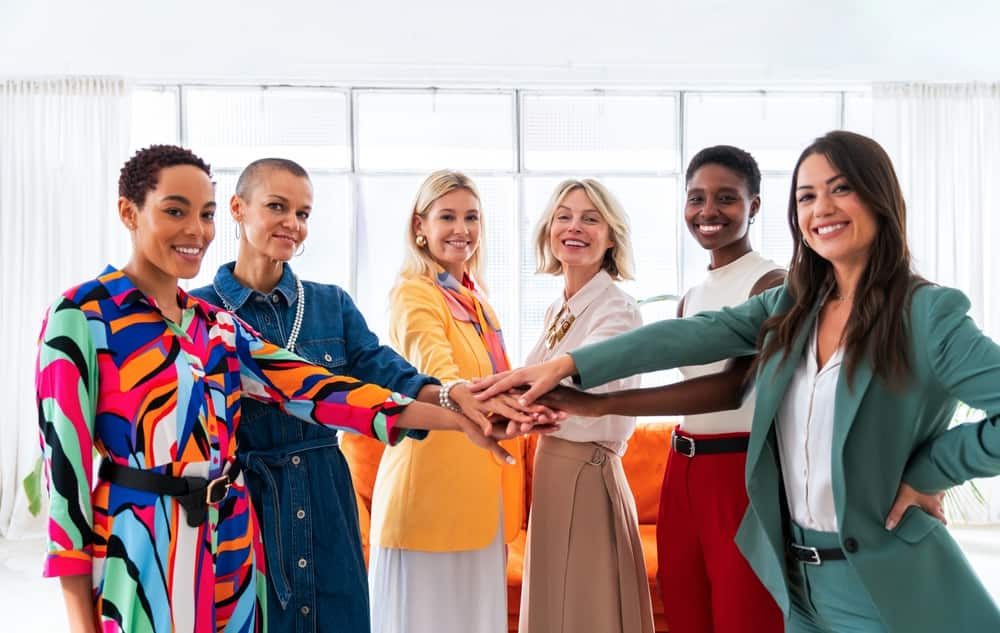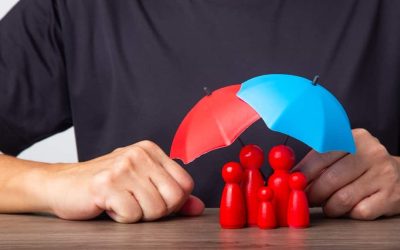Why are women’s contributions essential for more inclusive and sustainable solutions?
Women make up 50% of the world’s population. Yet we all know that women remain underrepresented in politics, business, technology, and leadership roles. Efforts toward gender equality are increasing this representation, but the results are still far from sufficient. It is also a well-known fact that during the pandemic, women fell further behind in nearly every field.
In Türkiye, the number of female mediators is exceptionally high; however, globally, women are still underrepresented in the field of mediation. In this traditionally male-dominated space, the growing presence of women can significantly contribute to resolving conflicts in a more inclusive and sustainable manner. Women’s unique skills and perspectives can help mediation processes become more effective and comprehensive.
The Importance of Soft Skills in Building Consensus
Women often bring what are commonly referred to as “soft skills” into mediation processes. These include qualities such as strengthening relationships, fostering collaboration, and practicing empathy. Women’s emotional intelligence and empathetic abilities can help establish stronger connections between parties and resolve conflicts in a more peaceful way.
Empathy and Collaboration: Through their emotional intelligence and empathy, women can increase trust and cooperation among parties. This fosters deeper agreements and more sustainable outcomes in mediation processes.
Attention to Detail: Women’s sensitivity to details and emotional dynamics can help them better understand the root causes of conflict. This makes it possible to uncover underlying issues and develop more lasting solutions.
Creativity in Conflict Resolution: Women often bring creative and flexible approaches to resolving disputes, offering innovative solutions that address the diverse needs of the parties involved.
The Benefits of Increasing Women’s Representation in Mediation
Greater participation of women in mediation processes can help resolve conflicts in a fairer and more inclusive way. Diversity allows parties to consider different perspectives and experiences, leading to more balanced and sustainable outcomes.
Inclusive Solutions: Involving women in the process makes conflict resolution more inclusive. The convergence of different viewpoints enables the development of broader and more balanced solutions.
Long-Term Peace: Women’s participation in mediation ensures that conflicts are not only resolved in the short term but also lead to long-term solutions. This helps communities and individuals achieve more sustainable peace.
Contribution to Social Peace: Women’s involvement allows conflicts to be addressed with a broader social perspective. This contributes to societies living together more peacefully.
Barriers Faced by Women Mediators and Proposed Solutions
To ensure greater participation of women in mediation processes, certain barriers must be overcome. For women to play a more active role in mediation, greater awareness of gender equality must be created, and women’s leadership skills should be encouraged.
Gender Equality: Awareness around gender equality should be raised, and women should be given stronger support in leadership roles to increase their participation in mediation processes.
Education and Awareness: Training programs and awareness initiatives should be organized to strengthen women’s mediation skills. This will enable women to participate more effectively in these processes.
Mentorship and Support: Mentorship and support programs should be offered to women mediators, allowing them to share their experiences and knowledge.
Increasing women’s participation in mediation contributes to resolving conflicts in a more inclusive, sustainable, and effective manner. Women’s empathy, collaboration, and creative problem-solving skills enrich mediation processes and help parties reach healthier agreements. Greater representation of women is a crucial step toward gender equality and peace.
Turkey stands out as one of the leading countries with a notably high proportion of women mediators. The active involvement of women in alternative dispute resolution processes in Turkey is a significant achievement, both in terms of promoting gender equality and enhancing the quality of mediation. At ADR İstanbul, we take pride in the strong presence of women mediators in our country and remain committed to encouraging greater participation and making their contributions more visible.
Discover ADR İstanbul’s Services in This Field
- Strengthening women’s representation,
- Designing inclusive platforms within mediation processes,
- Developing training, mentorship, and awareness programs,
- Creating gender equality–focused conflict resolution models.
Which Sustainable Development Goals Does This Article Serve?




Frequently Asked Questions
What is gender-sensitive conflict analysis?
It is an approach that seeks to understand gender-based dynamics behind conflicts and integrate equality-focused methods into resolution processes.
Why is women’s contribution in mediation important?
Because women’s skills in empathy, collaboration, and creative problem-solving make processes more inclusive and sustainable.
What are the barriers for women mediators?
Lack of representation, gender bias, and limited access to leadership opportunities are the main challenges.
How does ADR İstanbul provide support in this area?
By offering training, mentorship, inclusive platform design, and gender equality–focused conflict resolution models for institutions and communities.




